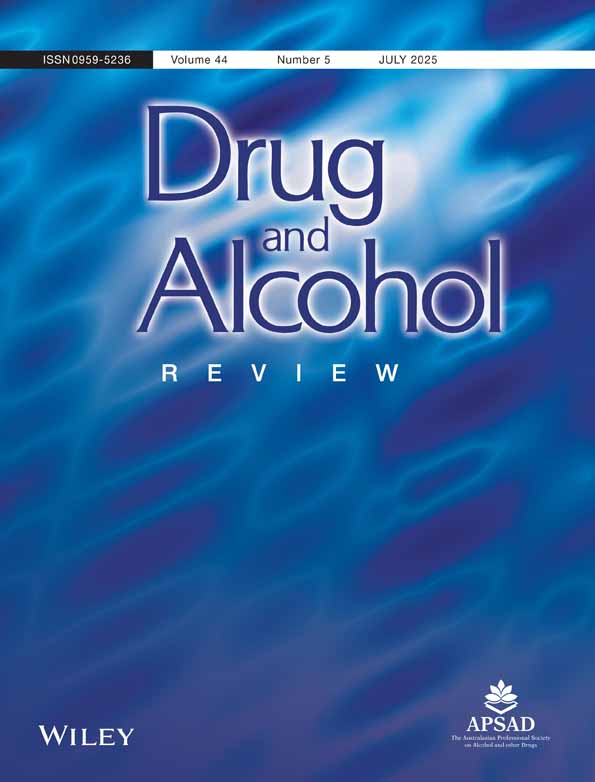Attitudes and practices of general practitioners training to work with drug-using patients
Abstract
This study assessed the current attitudes, knowledge and practices of 26 inner metropolitan GPs training to work with drug-users. In comparison to nicotine, alcohol and benzodiazepine, illicit drugs (such as opiates and amphetamines) were associated with significantly lower GP confidence, self-reported effectiveness and general knowledge. GPs were also less likely to ask their patients about illicit drug-use than other types of drugs. Older GPs were more confident, believed themselves to be more effective but had less general knowledge about all drug types than GPs under 40. Female doctors also reported lower levels of confidence. Self-reported effectiveness and confidence did not show any association with accuracy of general knowledge about drugs. Although most GPs were very positive about their role in working with drug-users, GPs tended to associate wanting to work with drug-users with professional responsibility, rather than personal interest. These findings suggest that training programmes for GPs in the area of drug-use need to be tailored to account for differing knowledge bases, but also tackle the more difficult task of addressing attitudes and self-perceptions of the role GPs play in dealing with drug-use.




